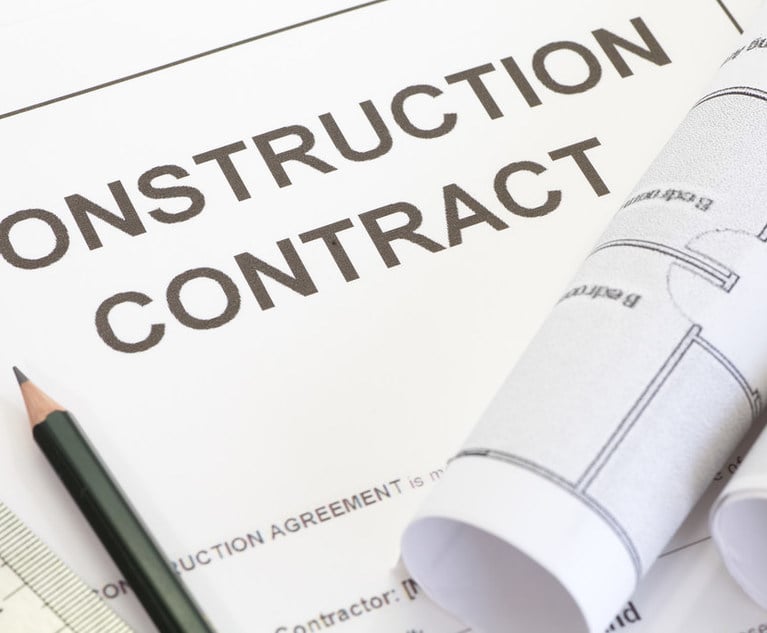Motions for summary judgment deprive parties of their “day in court” and should only be deployed after the facts of a case have been agreed to by the parties—thus they should be considered a drastic remedy, a Manhattan judge said in a ruling for a construction injury case.
But despite the potentially high stakes involved, summary judgment motions have “become perfunctory” in New York courts, wrote Manhattan Supreme Court Justice Frank Nervo, and have become a “waste of judicial resources.”
This content has been archived. It is available through our partners, LexisNexis® and Bloomberg Law.
To view this content, please continue to their sites.
Not a Lexis Subscriber?
Subscribe Now
Not a Bloomberg Law Subscriber?
Subscribe Now
LexisNexis® and Bloomberg Law are third party online distributors of the broad collection of current and archived versions of ALM's legal news publications. LexisNexis® and Bloomberg Law customers are able to access and use ALM's content, including content from the National Law Journal, The American Lawyer, Legaltech News, The New York Law Journal, and Corporate Counsel, as well as other sources of legal information.
For questions call 1-877-256-2472 or contact us at [email protected]








